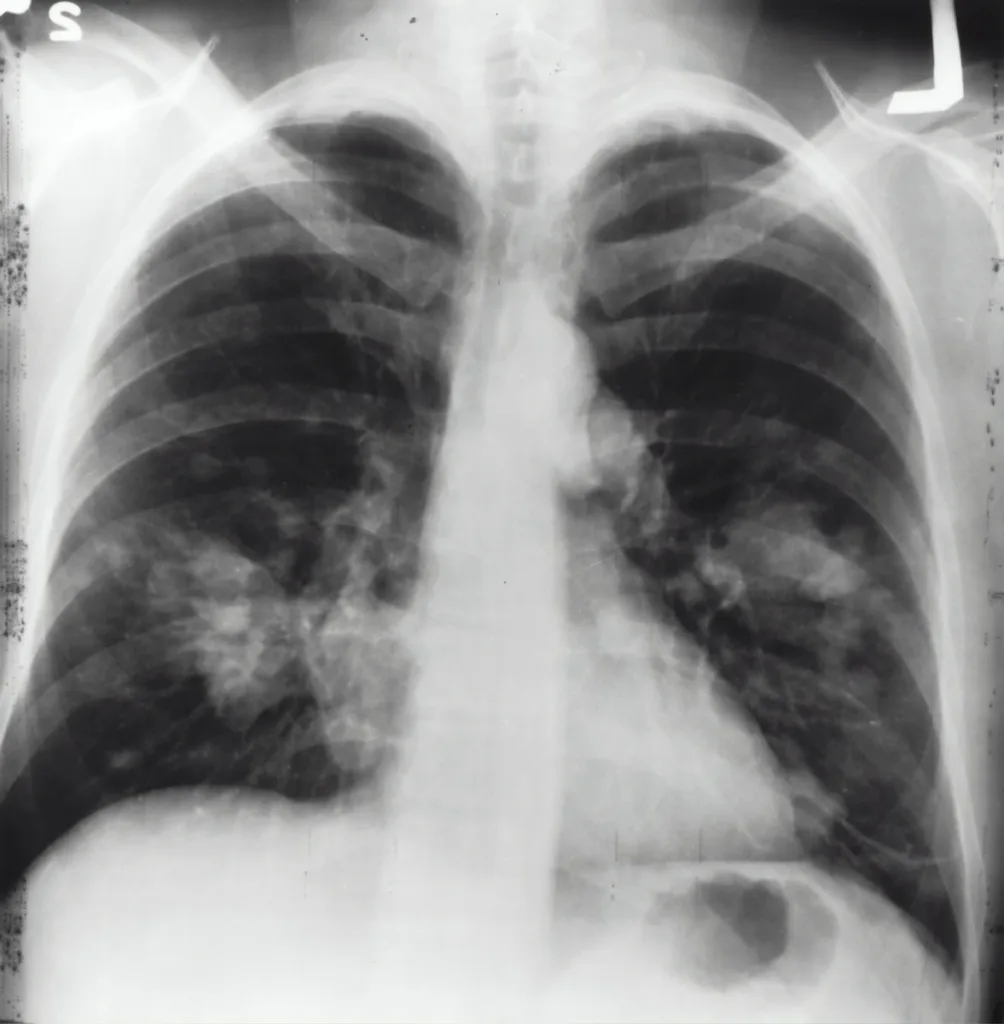How to reduce adverse effects of Air Pollution on your body?
Air pollution in metro cities is a pressing environmental issue characterized by the presence of high levels of pollutants in the air. Major contributing factors include vehicle emissions, industrial activities, construction dust, waste burning, and inadequate public transportation. The resulting pollution consists of fine particulate matter (PM2.5), ground-level ozone, and various toxic chemicals. This pollution has severe health consequences, including respiratory problems, cardiovascular issues, increased mortality, and heightened cancer risks. Efforts to combat air pollution include implementing cleaner fuel technologies, stricter emission standards, improving public transportation, and promoting awareness to mitigate its adverse effects on urban residents’ well-being and overall quality of life.
What are the main causes of Air Pollution?
Air pollution in Indian metro cities, such as Delhi, Mumbai, Kolkata, and Chennai, is a complex issue with several contributing factors. Some of the major factors that contribute to this issue are:
Vehicle Emissions: The high density of vehicles on the roads in metro cities is a major source of air pollution. Many vehicles, including older models, often lack proper emission control systems, leading to the release of pollutants into the atmosphere.
Industrial Activities: Metro cities have a high concentration of industries and factories. The emissions from these industries, including smoke, particulate matter, and chemicals, significantly contribute to air pollution.
Construction and Demolition: Rapid urbanization and construction activities in metro areas generate dust and particulate matter, especially when proper dust control measures are not implemented.
Waste Burning: Open burning of waste materials, including plastics and other non-biodegradable items, releases harmful pollutants into the air.

Agricultural Practices: In some metro areas, nearby agricultural activities, including crop residue burning, can contribute to air pollution when wind carries particulate matter and pollutants into the cities.
Deforestation and Land Use Changes: The loss of green cover, urban expansion, and deforestatin can disrupt the natural balance and increase air pollution.
Inadequate Public Transportation: Limited and inadequate public transportation options can lead to a higher reliance on personal vehicles, exacerbating traffic-related emissions.
Climate and Geography: Some metro areas, like Delhi, are more susceptible to severe air pollution during certain seasons due to weather conditions. Stagnant air and temperature inversions can trap pollutants close to the ground.
Biomass Burning: In some areas, the use of biomass fuels for cooking and heating can contribute to indoor and outdoor air pollution.
Lack of Stringent Regulations: Inadequate enforcement of environmental regulations, including emission standards for vehicles and industrial emissions, can worsen the pollution problem.
What are the effects of Pollution on your body?
Air pollution can have significant adverse effects on human health. The specific health impacts of pollution can vary depending on the type and concentration of pollutants, as well as an individual’s overall health and vulnerability. Some common health effects of pollution include:
Respiratory Problems: Exposure to air pollutants, especially fine particulate matter (PM2.5) and ground-level ozone, can irritate the respiratory system, leading to symptoms such as coughing, wheezing, and shortness of breath. Prolonged exposure can exacerbate pre-existing respiratory conditions like asthma and bronchitis.

Cardiovascular Issues: Air pollution is associated with an increased risk of heart problems, including heart attacks, strokes, and high blood pressure. It can lead to inflammation and oxidative stress, which can damage blood vessels and increase the risk of cardiovascular diseases.
Lung Function Impairment: Long-term exposure to air pollution can result in reduced lung function and the development of chronic obstructive pulmonary disease (COPD). Children exposed to air pollution may experience reduced lung development.
Increased Mortality: Prolonged exposure to high levels of air pollution is associated with premature death, particularly in vulnerable populations, including the elderly and individuals with pre-existing health conditions.
Cancer Risk: Certain air pollutants, such as benzene and formaldehyde, are known carcinogens and can increase the risk of cancer, particularly lung cancer.
Respiratory Infections: Air pollution weakens the immune system’s defenses against respiratory infections, making individuals more susceptible to illnesses like pneumonia and bronchitis.
Neurological Effects: Emerging research suggests that air pollution may have adverse effects on the central nervous system and cognitive function. Prenatal exposure to pollution has been linked to developmental issues in children.
Low Birth Weight and Preterm Births: Pregnant women exposed to high levels of air pollution are at an increased risk of delivering low birth weight babies and preterm births, which can have long-term health implications for the child.
Allergies and Asthma: Air pollution can exacerbate allergies and asthma by increasing the levels of airborne allergens and irritating the airways.
Mental Health: There is growing evidence that air pollution may be associated with mental health problems, including depression and anxiety.
Which food can help reduce effect of pollution?
While there is no food that can directly eliminate the effects of pollution, certain nutrients and dietary choices can help support your body’s ability to mitigate the impact of environmental pollutants. Pollution, especially air pollution, can lead to oxidative stress and inflammation in the body, and a diet rich in antioxidants and anti-inflammatory compounds can be beneficial. Here are some foods and nutrients that can help:

Antioxidant-Rich Foods:
- Berries (blueberries, strawberries, raspberries)
- Dark leafy greens (spinach, kale)
- Citrus fruits (oranges, lemons)
- Nuts and seeds (almonds, walnuts, chia seeds)
- Red, orange, and yellow vegetables (carrots, bell peppers, sweet potatoes)
- Green tea
- Turmeric
Omega-3 Fatty Acids:
- Fatty fish (salmon, mackerel, sardines)
- Flaxseeds
- Chia seeds
- Walnuts


Vitamins and Minerals:
- Vitamin C (found in citrus fruits, strawberries, broccoli)
- Vitamin E (found in nuts, seeds, and vegetable oils)
- Vitamin A (found in sweet potatoes, carrots, and leafy greens)
- Selenium (found in Brazil nuts, fish, and poultry)
- Zinc (found in lean meats, beans, and nuts)
Garlic and Onions:
- These vegetables contain compounds that can help protect against the effects of pollution.
Ginger:
- Ginger has anti-inflammatory properties and may help reduce inflammation caused by pollution.
Water:
- Staying well-hydrated can help your body detoxify and flush out pollutants.
Organic Foods:
- Choosing organic fruits and vegetables can reduce your exposure to pesticide residues.
Fiber:
- A high-fiber diet can help your body eliminate toxins through the digestive system.
It’s essential to maintain a well-balanced diet that includes a variety of these foods to support your overall health and reduce the potential negative effects of pollution. Additionally, taking steps to reduce exposure to pollution, such as minimizing outdoor activities during high pollution days, using air purifiers, and living in less polluted areas, can also play a significant role in protecting your health.
Moreover, Efforts are being made by the Indian government and various organizations to address these issues through measures such as promoting cleaner fuels, improving public transportation, implementing stricter emission norms, and creating awareness about the harmful effects of pollution. However, air pollution remains a significant challenge in many Indian metro cities, and sustained efforts are needed to reduce its impact on public health and the environment.












